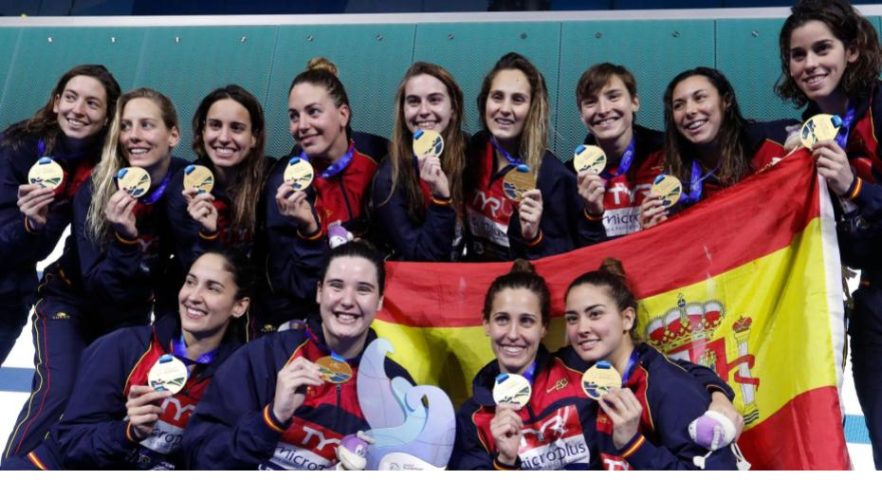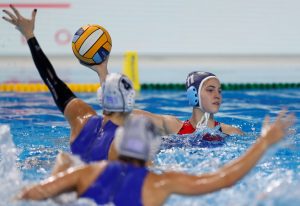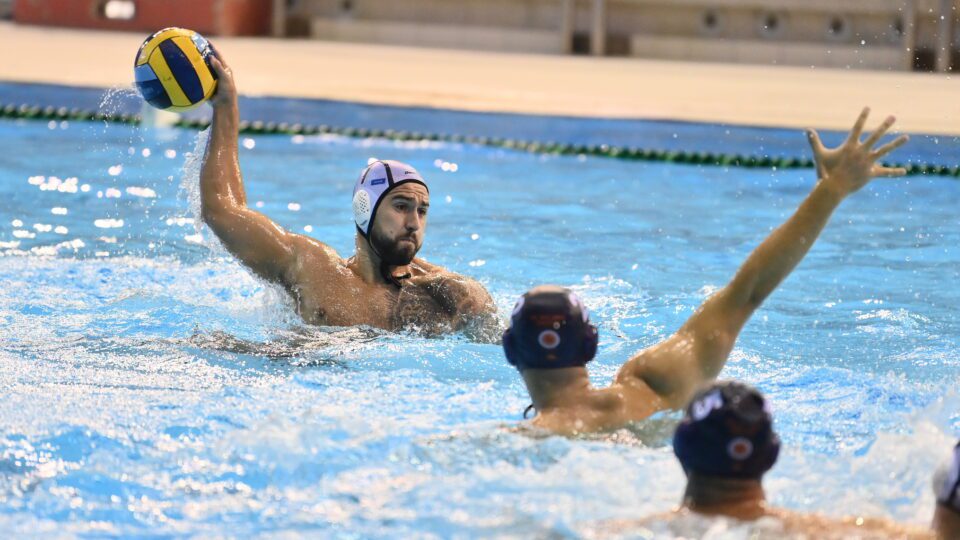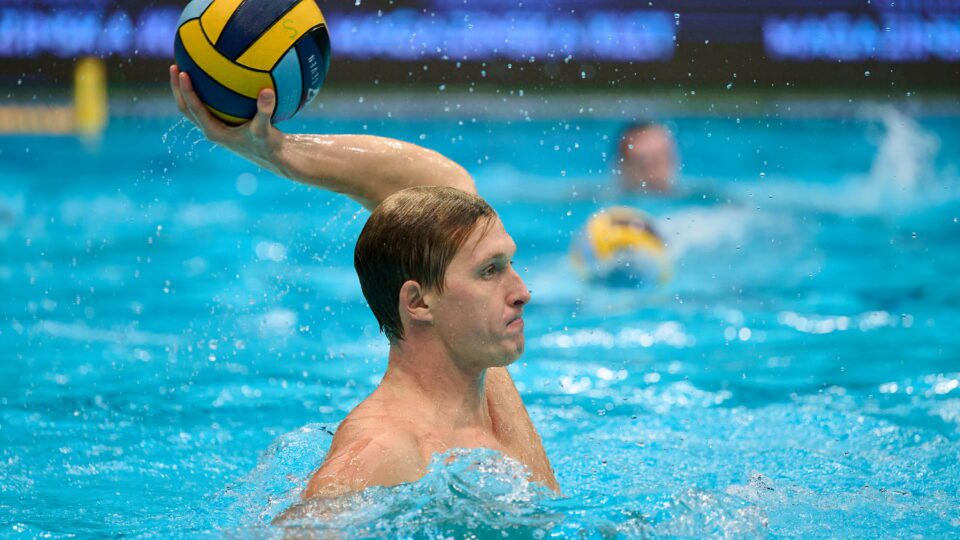The wait is nearly over as the 35th European water polo Championships are finally here.
With the nineteenth edition of women’s tournament set to begin tomorrow (27th August), there is a huge amount of excitement about what is to come in Split – the summer’s second major international tournament in Europe.
There will be twelve teams competing in Split, which is located on the stunning Dalmatian coast, but only three teams can claim a spot on the coveted podium after eight highly-anticipated matchdays.
There isn’t much to separate the favourites for the competition; the reigning champions Spain look a good bet to retain their Gold medal from 2020, but they will have to fend off World Championship Runners-up Hungary, as well as the competition’s historically most successful nations: the Netherlands and Italy, as well as an outside push from Greece.
Emerging behind the ‘big five’ are the chasing pack, comprised of the likes of France, Israel, Serbia and perhaps Germany. Propping up the competition are; the hosts Croatia, Russia’s replacements, Slovakia, and tournament debutants Romania.
Tournament Format
The twelve teams will be divided into two groups of six. Following a round robin format, each nation will play every nations in their group once. Then, the top four teams from each group, based on their seedings, will play each other in the quarter-finals, and the semi-finals and the finals thereafter.
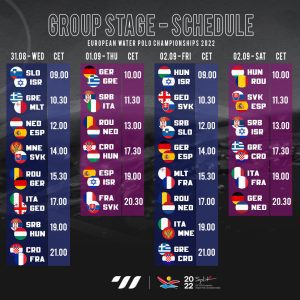
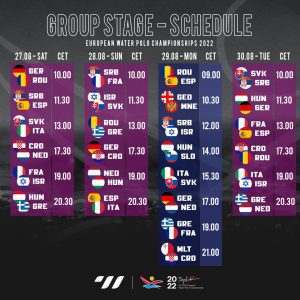
Group B
Participating teams: Italy, Spain, France, Serbia, Slovakia, Israel
Group B of the Women’s European Championships competition in Split does not immediately shout excitement, but with some of the teams in the group, many of the games between the bottom four teams in the pool could be highly competitive.
There is no doubt that Spain and Italy will occupy the top two positions in Group B. And while Group B looks the weaker of the two, the chase for the third and fourth spots in the group is essentially a three-way shootout between the very evenly matched France, Israel and Serbia – which could be hugely entertaining for the neutral.
ITALY
Best result(s): Gold (1995, 1997, 1999, 2003, 2012)
Players to watch: Silvia Avegno, Sofia Giustini, Claudia Marletta, Dafne Bettini, Chiara Tabani
Head coach: Carlo Silipo
One of the most enjoyable teams to watch at any international tournament is the Setterosa, and after a respectable 4th place finish at the World Championships, Carlo Silipo leads his side into his second major tournament with the Azzurri.
It is always a tough task to figure out what we will see from the Italians, particularly in recent times at the European Championships. After fourteen consecutive top four finishes between 1989 and 2016, they have finished 5th (2020) and 6th (2018) in their last two outings. Plus, the weight of not winning a gold medal of significance since 2016 will always raise eyebrows for a nation of Italy’s status.
But there is no doubt that Italy can beat any team on their day, but the big challenge that Carlo Silipo faces is to bring a more consistent game from his national team, which he seems to be doing since his appointment in Spring 2021.
The build up to Split has been somewhat uninspiring for the Italians, particularly at their home tournament in Sardinia. But tournament play at a major competition is something different, and when it matters, the Italians normally turn up.
Aside from Spain, Italy have a straight-forward group. But should they fail to finish top of the group, they will be left in a compromising position; wary of their potential cross-over opponents, which could be Hungary, the Netherlands, or Greece.
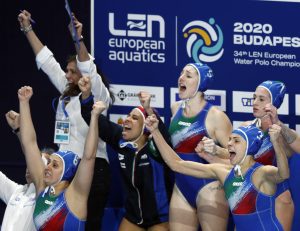
SPAIN
Best result(s): Gold (2014, 2020)
Players to watch: Bea Ortiz, Elena Ruiz, Annie Espar, Maica Garcia, Judith Forca
Head coach: Miki Oca
By crashing out to the United States in the quarter finals at the World Championships in Budapest, Spain failed to make a semi-final of a major tournament for the first time since 2016. After a period of sustained consistency, the reigning European Champions will be hurting and wanting to put things right in Split.
Perhaps the favourites for the gold in their own right, or at least on a par with Hungary and the Netherlands, Spain’s squad looks largely intact from Budapest. With no key absences from the team, Miki Oca will hope to instil some sort of normality, which, in Spain’s case, is being the dominant force in women’s European water polo.
But for all of Spain’s obvious quality and class, they have only won the European Championships twice. In fact, Spain does not share the European Championship heritage of some of its rival nations, something that this group of players will want to rectify. And, with the ever-increasing dominance of their international arch enemies, the United States, an awkward truth for this Spanish team is that the upcoming European Championships might just be their best chance to win a gold medal at a major international tournament.
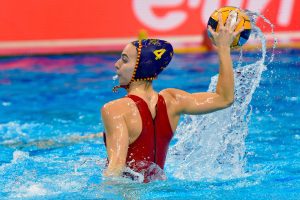
FRANCE
Best result(s): Bronze (1987, 1989)
Players to watch: Juliette Dhalluin, Ema Vernoux, Estelle Millot, Louise Guillet,
Head coach: Emilien Bugeaud
France continues to make progress toward its ultimate goal of hosting the 2024 Olympic Games in Paris, and everyone in Split will be paying close attention to how the team is developing.
Despite early success at the European Championships, winning bronze medals in 1987 and 1989, France has had a fractured and disjointed track record at the competition, failing to even qualify for the tournament throughout much of the early part of the millennium. The future for the French, though, looks much brighter.
France have now overtaken much of the chasing pack, and are positioned just behind Europe’s very top teams. Whether they will be able to ever break into that cohort of teams is unclear, but they will certainly back themselves to reach the final eight this time around in Split. They face stiff competition in their group, though, from the likes of Serbia and Israel.
If recent form at the European Championships is anything to go by, a seventh place finish is very much on the cards; with the French national team placing seventh at the last four championships. Les Bleus will also want to improve on a rotten final eight record, having lost all four of their previous appearances at that stage of the competition.
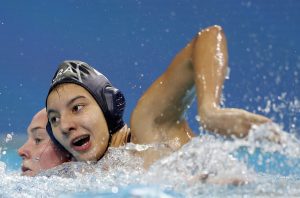
Never miss any of the action by heading over to our Total Arena Livescore pages for both the Men and Women’s tournaments.
SERBIA
Best result(s): 8th (2006)
Players to watch: Jelena Vukovic, Nada Mandic, Ana Milicevic
Head coach: Dragana Ivkovic
Aspirations for a medal are way down the road for Serbia, but it will be interesting to see how Dragana Ivkovic’s team will fare in a group alongside their direct competitors, France and Israel.
Split will be Serbia’s fifth European Championships, and the third straight tournament that they have qualified for on their own without being technical hosts (Belgrade hosted in 2006 & 2016).
Serbia will need to show far more than they did two years ago in Budapest though, losing all six of their games in that tournament.
SLOVAKIA
Best result(s): 8th (2020)
Players to watch: Janka Kurucova
Head coach: Szabolcs Eschwig-Hajts
After missing out on European Championship action for 27 years, Slovakia returned to the fold in Budapest two years ago. They were invited to the competition in Split due to the absence of Russia, having qualified third behind Greece and Serbia back in February.
Slovakia performed at a reasonable level in Budapest. They were well-beaten by the Netherlands 22-2 in the Quarter-final in 2020, ultimately finishing eighth, a feat that is unlikely to be repeated this time around.
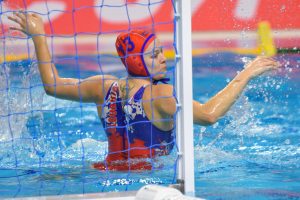
ISRAEL
Best result(s): 9th (2020)
Players to watch: Alma Yaacobi, Dar Menakerman, Maria Bogachenko, Shunit Strugo
Head coach: Dimitris Mavrotas
The improvements being made to the women’s game in Israel is really raising eyebrows, and making many nations sit up and pay attention. Having hosted a number of high-profile tournaments, including the U20 World Championships last year, and the U19 European Championships a few months ago, Israel will be well versed in hosting major international tournaments ahead of the next European Championships in 2024.
Israel made its debut back in Barcelona in 2018, and finished tenth there. Two years later, they finished ninth in Budapest. The trend would suggest that they might continue the progression in this competition, but they are in a highly competitive group.
Of the ‘trio’ of teams looking to house the 3rd and 4th spots in Group B, arguably Israel have had the best preparation. Dimitris Mavrotas’s side were well beaten by all the teams at the Sardinia Cup, but the standard of opposition was high. Given that France and Serbia have already played each other in Szentes and Belgrade in the last week, Israel might just have the element of surprise on their side.
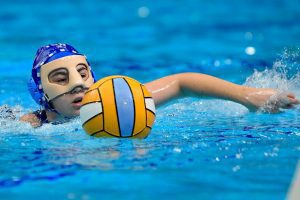
Read more about the European Championships



